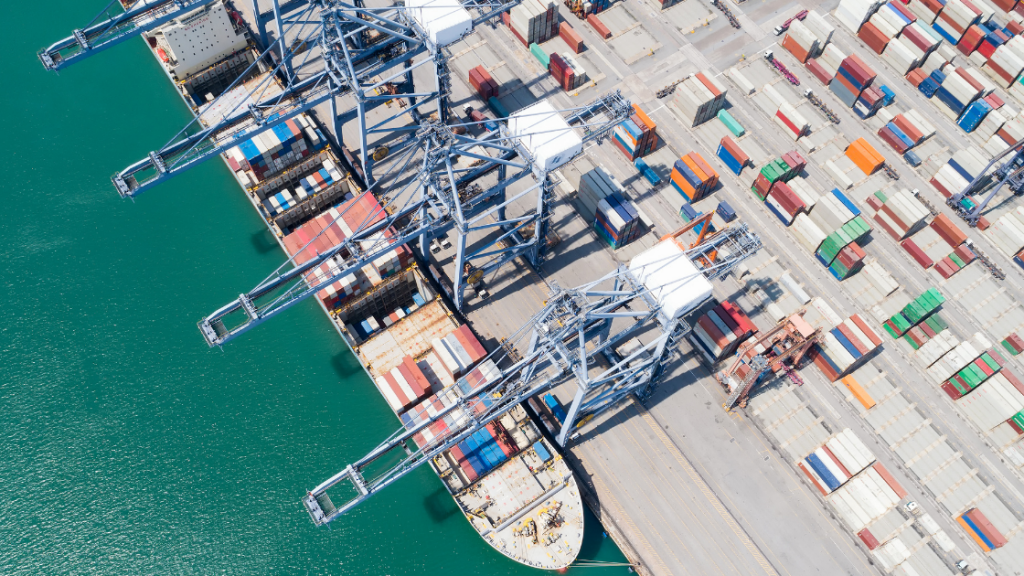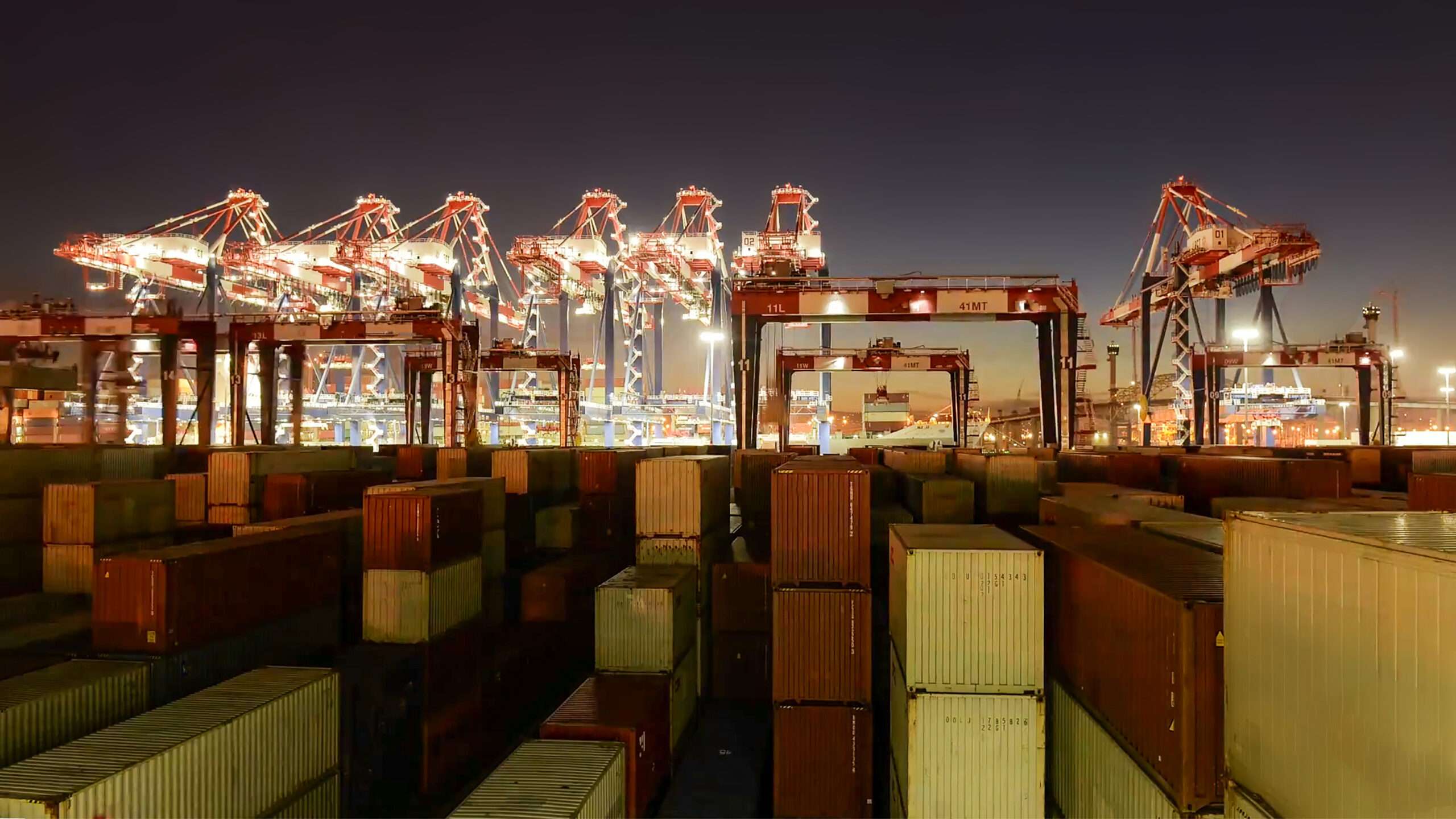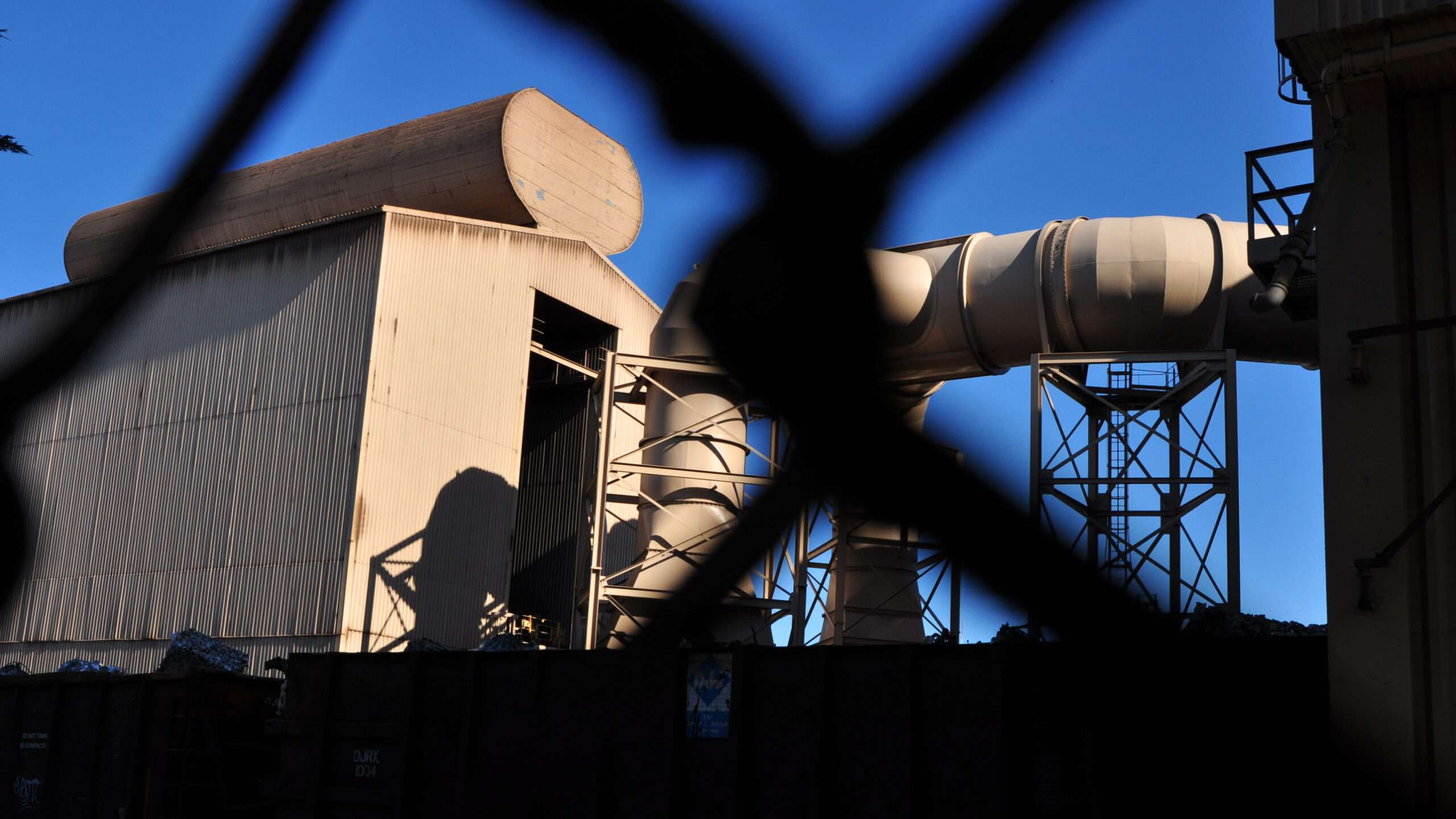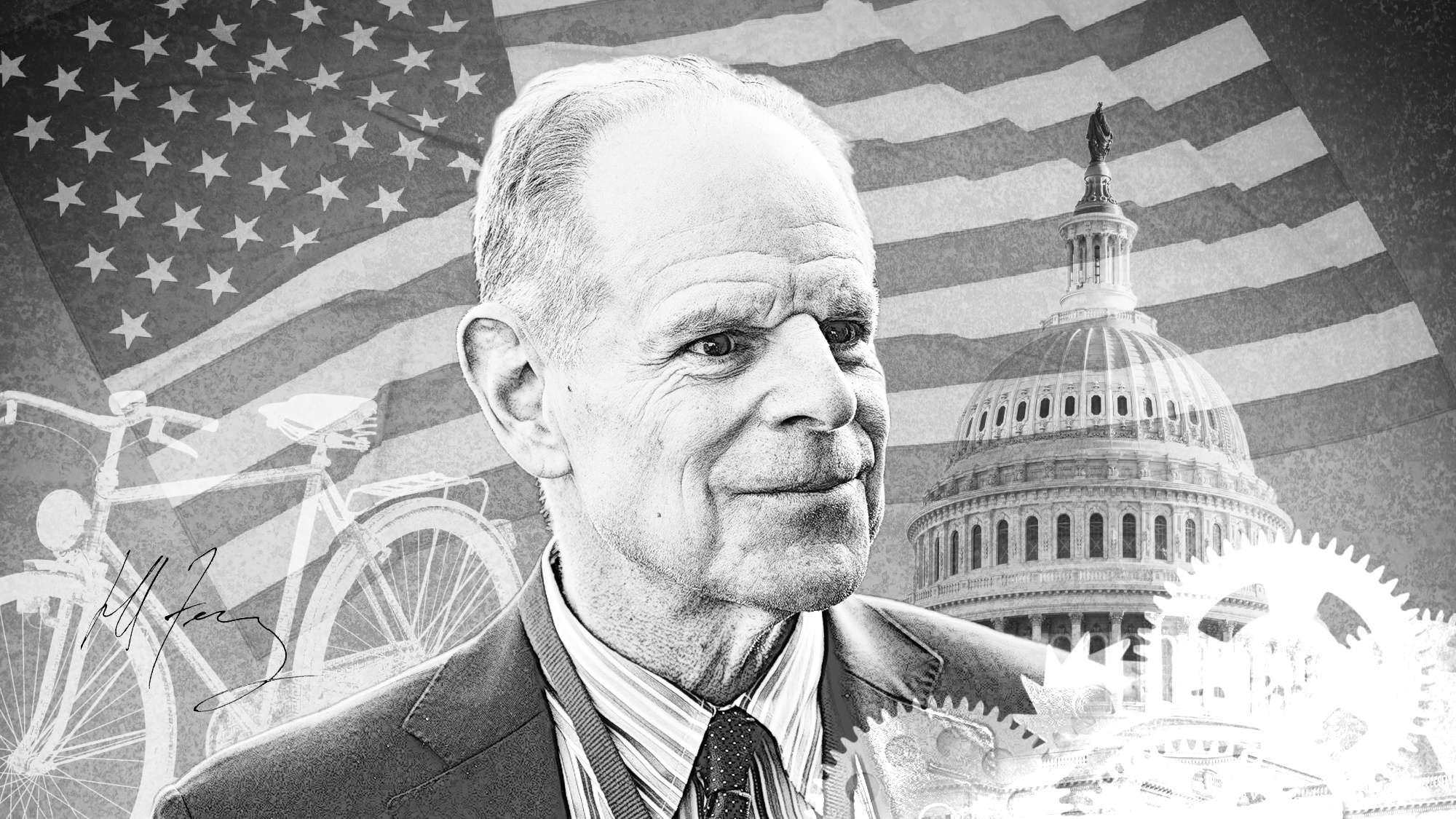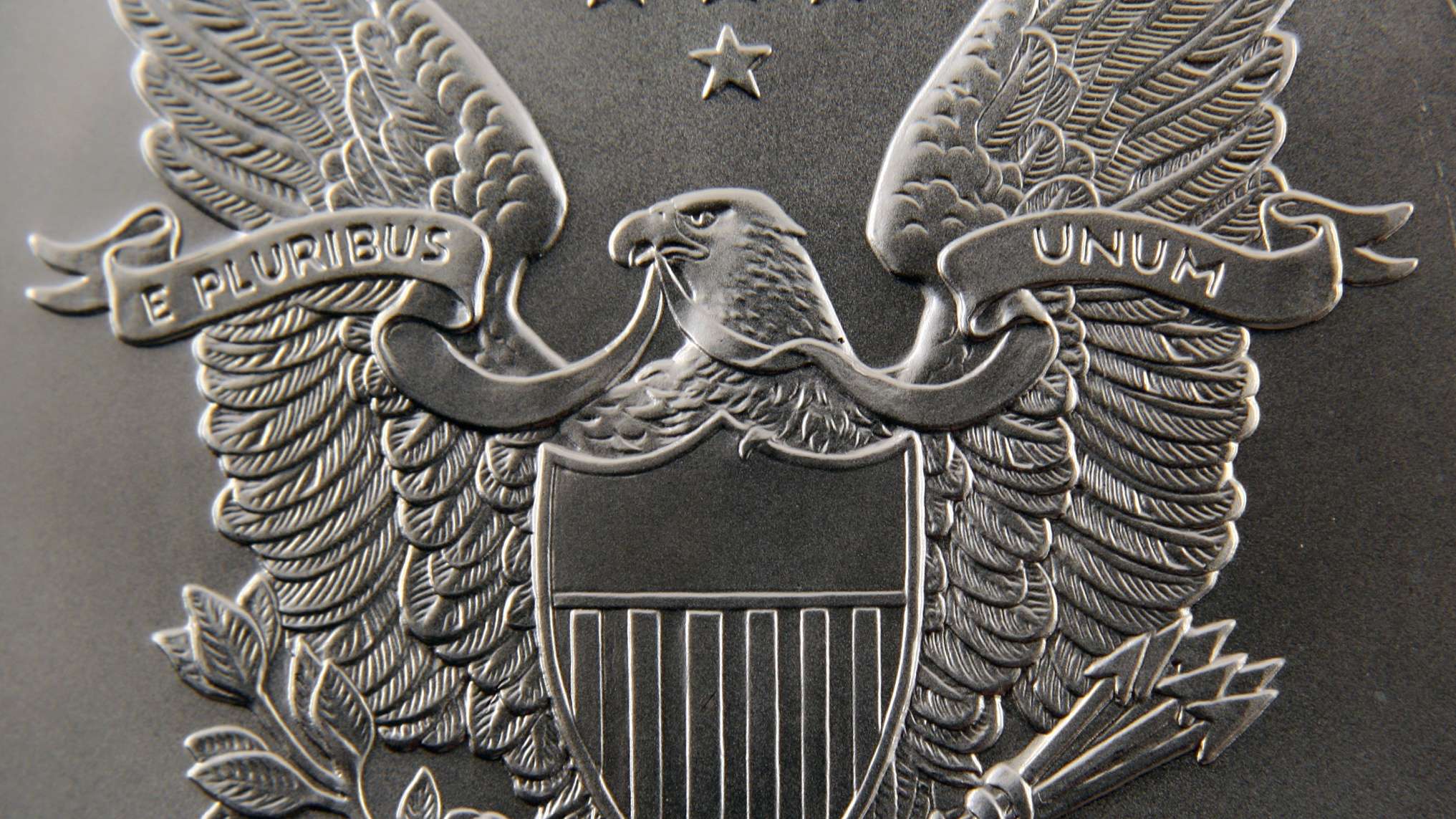CPA’s Take: The WTO just pounded more nails into its own coffin. CPA is quoted in this article.
U.S. disputes finding, has long called World Trade Organization provisions inadequate
[Josh Zumbrun and Daniel Michaels | September 16, 2020 | WSJ]
The World Trade Organization ruled Tuesday that some U.S. tariffs against China broke international trading rules, a conclusion that exacerbates U.S.-WTO tensions but likely will have no consequence for American tariff policy because the organization’s appellate system currently doesn’t function.
The WTO sided with a complaint filed by China in 2018, which said the Trump administration broke WTO rules because of the way it singled out China for separate tariffs than other countries. The Trump administration has criticized these WTO rules for being inadequate.
Under the WTO, countries have limited reasons for which they can impose tariffs that affect only one country. China successfully argued that the U.S. application of tariffs fell outside the scope of reasons.
“China has demonstrated that the additional duties apply only to products from China and thus fail to accord to products originating in China an advantage granted to the like product originating in all other WTO Members,” the panel said.
The Chinese Ministry of Commerce said in a statement that it thought the ruling was “fair and objective” and hoped the U.S. would comply.
The Office of the U.S. Trade Representative Robert Lighthizer, President Trump’s top trade adviser, criticized the WTO’s ruling, saying that it underscored the problems with the Geneva-based WTO. The WTO, founded in 1995, has 164 member countries and was designed to establish global rules of trade. The Trump administration has said the system has failed to adapt to the rise of China’s economy.
“This panel report confirms what the Trump administration has been saying for four years: The WTO is completely inadequate to stop China’s harmful technology practices,” said Mr. Lighthizer.
The ruling formally pertains to only some of the Trump administration’s tariffs in its multiyear trade war with China—tariffs imposed on $34 billion of goods in June 2018 and $200 billion of goods in September 2018, a large share, but not all, of U.S. tariffs that cover about $370 billion of Chinese imports.
The U.S. imposed the tariffs after publishing a report that highlighted Chinese practices that it said amount to extortion and stealing of American technology.
“Although the panel did not dispute the extensive evidence submitted by the United States of intellectual property theft by China, its decision shows that the WTO provides no remedy for such misconduct,” Mr. Lighthizer said. “The United States must be allowed to defend itself against unfair trade practices, and the Trump administration will not let China use the WTO to take advantage of American workers, businesses, farmers, and ranchers.”
The WTO has faced criticism from U.S. officials for years. Mr. Trump and his top trade officials have accused the WTO of assuming powers never granted it and of allowing China to use its procedures to the detriment of more open economies.
“Today’s WTO ruling shows that Geneva bureaucrats do not want the U.S. to protect its national and economic security interests,” said Michael Stumo, the president of the Coalition for a Prosperous America, a Washington trade group that supports stronger action against China. “The relevance and usefulness of the WTO has been further called into question as it protects China’s state-directed economy from change.”
Sen. Josh Hawley (R., Mo.) wrote on Twitter that the ruling is “more evidence that the WTO is outdated, sclerotic, and generally bad for America. USA should withdraw and lead the effort to abolish it.”
Mr. Lighthizer has been critical of the organization since its inception, calling it “a threat to sovereignty” and a hotbed of “judicial activism” that has hamstrung U.S. efforts to counter its economic rivals, especially since China joined in 2001.
Mr. Lighthizer and other WTO critics say it was never designed to handle China’s state-backed capitalist system in which they say Beijing actively supports Chinese companies and imposes regulatory barriers to foreign rivals. China’s entry to the WTO is now seen by many of its critics as a mistake that brought on China’s meteoric economic rise and recent extreme imbalances in world trade.
Chinese officials say the country plays by WTO rules, and respects the WTO as the cornerstone of the international trading system.
A rare global body granted authority over sovereign states, the WTO’s policing ability rests on its seven-judge Appellate Body, which reviews arbitration rulings.
Consecutive U.S. administrations complained of Appellate Body overreach and sought to overhaul the trade organization. The Trump administration has rebuffed proposals from the European Union and others to discuss changes to the WTO, instead moving to cripple it by gutting the Appellate Body.
Washington has refused to replace judges whose terms expired. In December, that refusal left the body without enough members to do its work, precluding WTO appeals and enforcement.
Now, the U.S. and other countries that lose cases can refer them to the inoperative panel—where the referrals will languish—and carry on their trade practices.
The U.S. argued the WTO shouldn’t rule in the case because the U.S. and China struck a deal in January pausing their tariff escalations. China, however, didn’t agree that the deal made its case unnecessary, and the WTO went ahead with the ruling.
The lack of consequences from the ruling underscores that the institution can’t act as a meaningful check on U.S. trade actions. It “doesn’t really make any difference” for the U.S., said Jeffrey Schott, a senior fellow at the Peterson Institute for International Economics, noting that without an appellate body the case can’t be resolved.
The ruling also doesn’t directly affect the terms agreed to in the U.S.-China trade deal.
“The tariffs are going to be maintained both ways, which shows that the WTO is ineffective as it now stands and needs to be updated and modernized to be an effective arbiter of the trading system,” said Mr. Schott.
Read the original article here.



